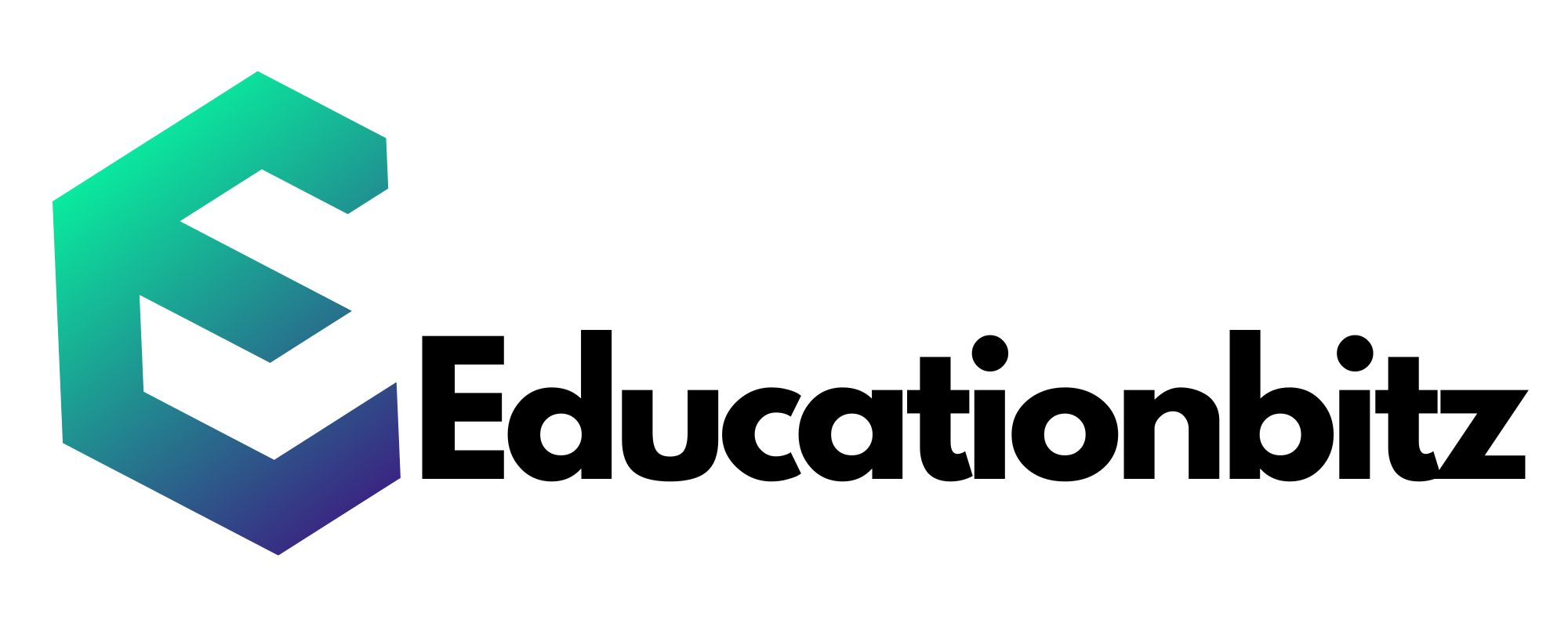The Power of Bite-Sized Learning: Why Small Lessons Matter

Bite-sized learning has gained significant traction in the education landscape as an effective way to absorb and retain information. This approach breaks down complex topics into manageable, short lessons that can be consumed in brief periods, making learning more accessible and less intimidating. One of the key benefits of bite-sized learning is its ability to cater to busy schedules, enabling learners to make meaningful progress without committing to long study sessions. Whether it’s a 5-minute video or a quick-read article, small lessons provide flexibility for today’s fast-paced world.

Research has shown that breaking learning into smaller, more focused segments improves knowledge retention. When learners receive information in small portions, they are more likely to absorb it fully and recall it later. This method is also particularly effective for revisiting and reinforcing previously learned material, making it a valuable strategy for both initial learning and review. The structured approach of bite-sized lessons helps build confidence as learners achieve small, consistent milestones, fueling further learning without feeling overwhelmed.

Additionally, bite-sized learning supports a variety of learning styles, appealing to visual, auditory, and kinesthetic learners alike. Short videos, interactive quizzes, and mini-exercises are all forms of micro-learning that engage learners in different ways. For example, visual learners may benefit from infographic summaries, while auditory learners might prefer brief podcasts. The variety ensures that learners can find materials that best suit their personal preferences, enhancing the overall educational experience.

With the continued expansion of online educational resources, the future of bite-sized learning appears bright. This approach is becoming more refined with the integration of multimedia and interactive tools that make lessons more engaging. Educational platforms and community contributors play a crucial role in curating content that remains concise but impactful. Ultimately, the importance of small lessons lies in their ability to democratize education, making learning accessible and adaptable to anyone seeking knowledge in manageable doses.

